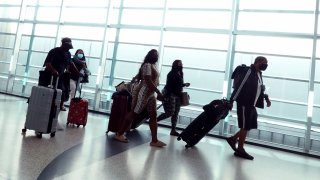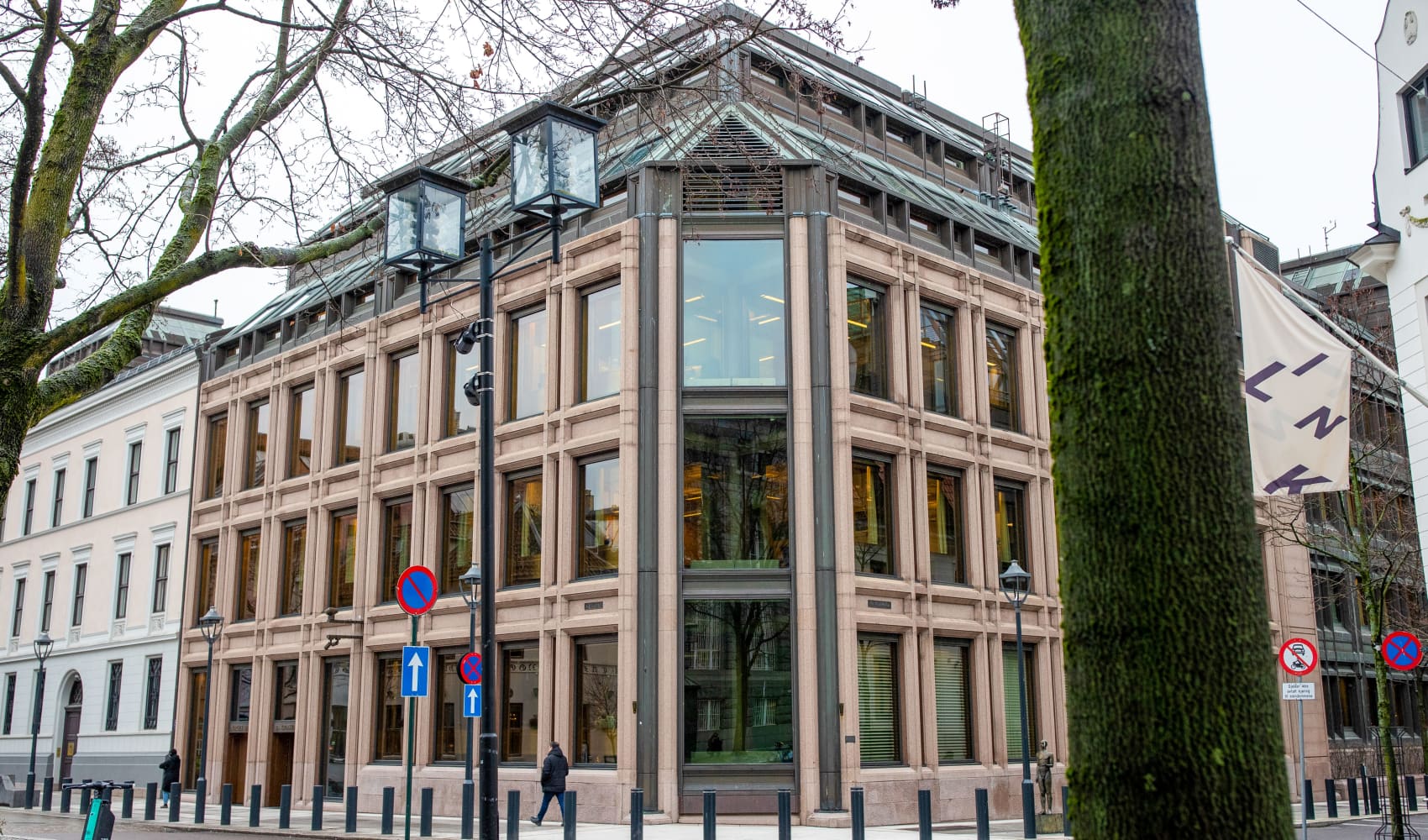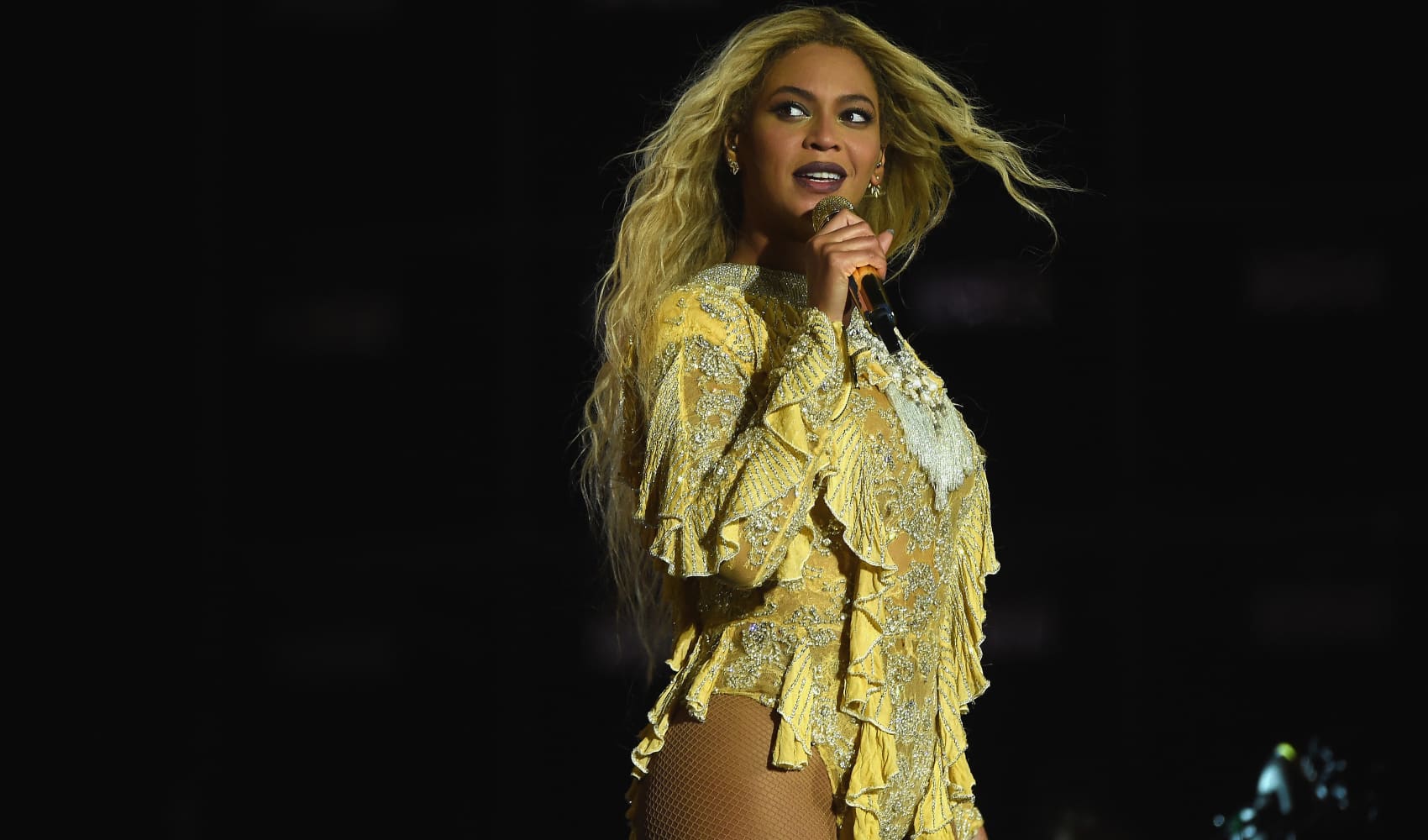
- United, American and Southwest were among airlines that lowered financial estimates.
- The carriers warned that bookings slowed amid the spread of the delta variant of Covid-19.
Several U.S. airlines on Thursday lowered their financial forecasts, citing weaker bookings amid a rise in Covid-19 cases in recent weeks.
United Airlines said weaker revenue will mean adjusted pretax losses in the third and fourth quarters of this year. The Chicago-based carrier said in July it expected to post pretax profits for that period. It plans to further trim capacity this year because of weaker demand.
United said the spike in Covid cases over the summer, however, has had less of an impact on demand than previous increases in infection rates.
We're making it easier for you to find stories that matter with our new newsletter — The 4Front. Sign up here and get news that is important for you to your inbox.
Air travel generally falls in late summer as schools reopen, but airline executives in recent weeks have warned that the fast-spreading delta variant has exacerbated the drop in demand.

Covid cases and further delays for companies' plans to return to offices have cast doubts on business travel demand, a lucrative segment of air travel that usually picks up in the fall.
Money Report
American Airlines said Thursday its third-quarter sales will likely be down by as much as 28% compared with the same quarter of 2019. The company had previously forecast a 20% drop in revenue. American on said it expects worse profit margins than previously forecast. Southwest Airlines said it is also logging weaker bookings and higher cancellation rates.
Delta Air Lines said it will likely post pretax profit when it reports results on Oct. 13, though it forecast revenue at the lower end of its forecast range.
CEO Ed Bastian told a Cowen investor conference that it still expects business travel demand to pick up, though it will likely happen later.
"So it's probably about a 90-day plus in return to travel for that next leg up that we were expecting to see, but it's coming," he said, adding that demand is about 40% of 2019 levels. "It's up and down a little bit, but it's holding pretty steady."






